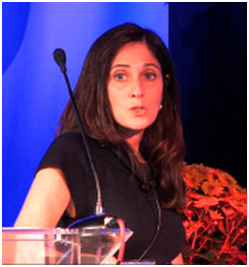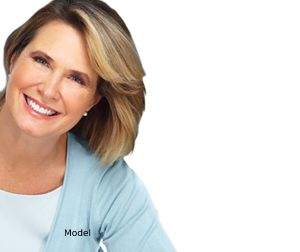
Years ago, I began to document the long and often emotionally and politically charged story behind the availability of silicone gel breast implants in the United States. I have recently updated my page entitled “The Safety of Silicone Breast Implants – The Science Behind the Politics”. The journey to assure women access to safe and effective silicone breast implants has been a long and complicated one, fueled by advocacy groups, manufacturers, plastic surgeons, patients, and the FDA. More recently social media groups on both sides of the conflict and both sides of the ocean have become serious influencers in a woman’s decision to get or remove her breast implants. In July 2019, Allergan, the maker of Biocell textured breast implants, received a letter from the FDA requesting a voluntary recall of all of their products with the texture surface.
The availability of modern, safe, silicone gel implants has not come without a struggle. Controversy over the long-term safety of silicone breast implants, as well as the fundamentals of patient autonomy and the right of a well-informed patient to choose breast reconstruction and cosmetic breast augmentation is still on the front line. From national advocacy groups to social media sites on Facebook, groups oppose a women’s right to obtain silicone breast implants, often creating an environment rich for cyber-bullying. They believe that plastic surgeons and implant manufacturers thrive solely because we live in a culture based on cultivating women’s insecurities about their bodies and remain convinced, despite the robust peer reviewed medical literature, that silicone implants lead to a huge range of medical illnesses. These social media groups and some plastic surgeons who are profiting from these undercurrents clearly have developed their own agenda, and have not kept pace with the motivations of the majority of American women. If they truly cared about a women’s access to safe and effective breast implants, they would acknowledge and support the robust scientific literature already collected, and in turn, support patient and physician education. The best way to reduce complications and improve outcomes for women is to support the manufacturers who innovate, as well as the plastic surgeons who participate in clinical research and who educate.
In 1876, William Welch, the founder of Johns Hopkins Medical School said, “In the end our preconceived beliefs must change and adapt themselves. The facts of science will never change.” Women should not be swayed by social media, unethical plastic surgeons, or vocal political groups that may have very different agendas than their own. Women seeking breast augmentation should always strive to become educated, seek out an experienced board certified plastic surgeon, and be aware of all of their breast implant options. Their decision to proceed with breast reconstruction or cosmetic augmentation should be made on evidence-based science, not politics and emotions.






